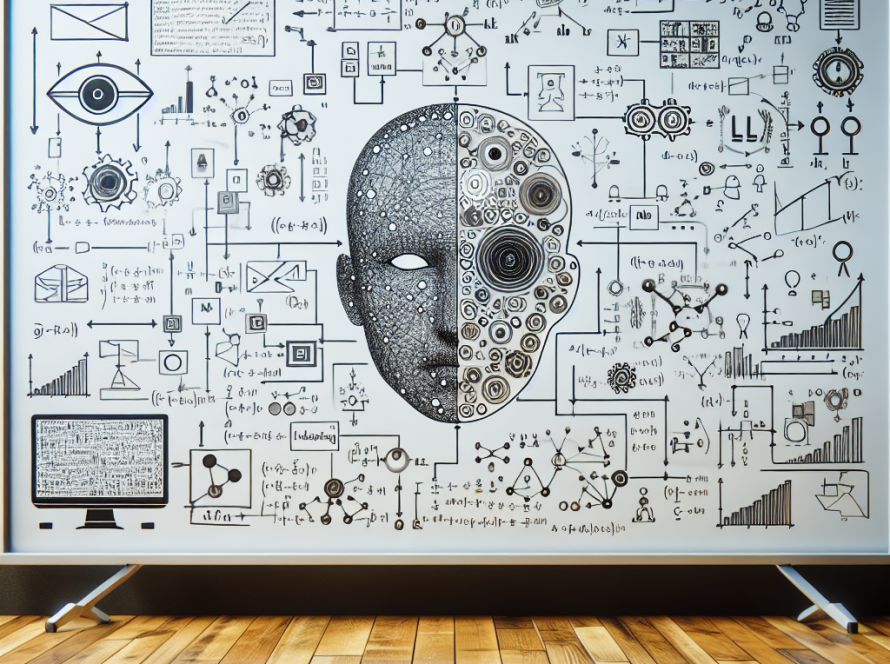OpenAI’s chat robot, ChatGPT, experienced a massive global outage on 11th of 2024 that gripped the platform for five hours, leaving users unable to use the chat service. The problem, affecting web, desktop, and mobile app users, first appeared around 02:30 Eastern Time (ET). The situation was provisionally fixed by 07:45 ET, only for the service to face a second outage by 10:30 ET.
Apart from ChatGPT, other AI platforms such as Claude by AnthropicAI, Gemini by Google, and Perplexity faced issues too, though for a relatively shorter duration of one hour. However, the root cause of these AI platform disruptions wasn’t disclosed by OpenAI. The only information shared was that the issues were specifically related to ChatGPT, and API access remained unaffected.
This widespread disruption sparked off a wave of speculation about its plausible cause. The confusion was further augmented by a coinciding event – the publication of an open letter penned by current and former OpenAI employees. This letter warned about the ‘serious risks’ associated with Artificial Intelligence and presented concerns about inadequate oversight in the sector. As a result, some began to theorize about the possibility of these outages being more than mere technical malfunctions. They proposed theories suggesting these incidents could be intentional like a Distributed Denial of Service (DDOS) attack to protest against AI safety issues.
Given the increasing reliance of people on AI-powered platforms for work and daily life, these outages sparked off considerable inconvenience as well as discourse about the robustness and reliability of currently existing systems. Additionally, with the pointed concerns about ‘serious risks’ related to AI presented by insiders from OpenAI, the events highlighted the need for more robust measures for AI system oversight and protection mechanisms to ensure continuity of services.
However, whether the aftermath of the outage will lead to any concrete changes, that too remains to be seen. The probable connection of the systems’ shutdown to a collective protest move also raises critical questions about the ethical ramifications of such disruptions, particularly in a world where communication and daily operations are highly dependent on these AI systems.
Nevertheless, as the dust settles, users of OpenAI, Google’s Gemini, AnthropicAI’s Claude, and Perplexity wait for an explanation, to perceive not just what caused the outage, but what it implies, and what should be the way forward for AI systems to prevent such an occurrence in the future and ensure dependability.
In conclusion, it’s clear that the OpenAI global outage of 2024 was not only a pivotal event due to the operational hindrances it caused momentarily. The event also unravelled a series of critical questions and concerns about the vulnerability of present AI systems, ethical concerns involving potential protest moves, and the need for comprehensive oversight in the rapidly evolving AI domain.


